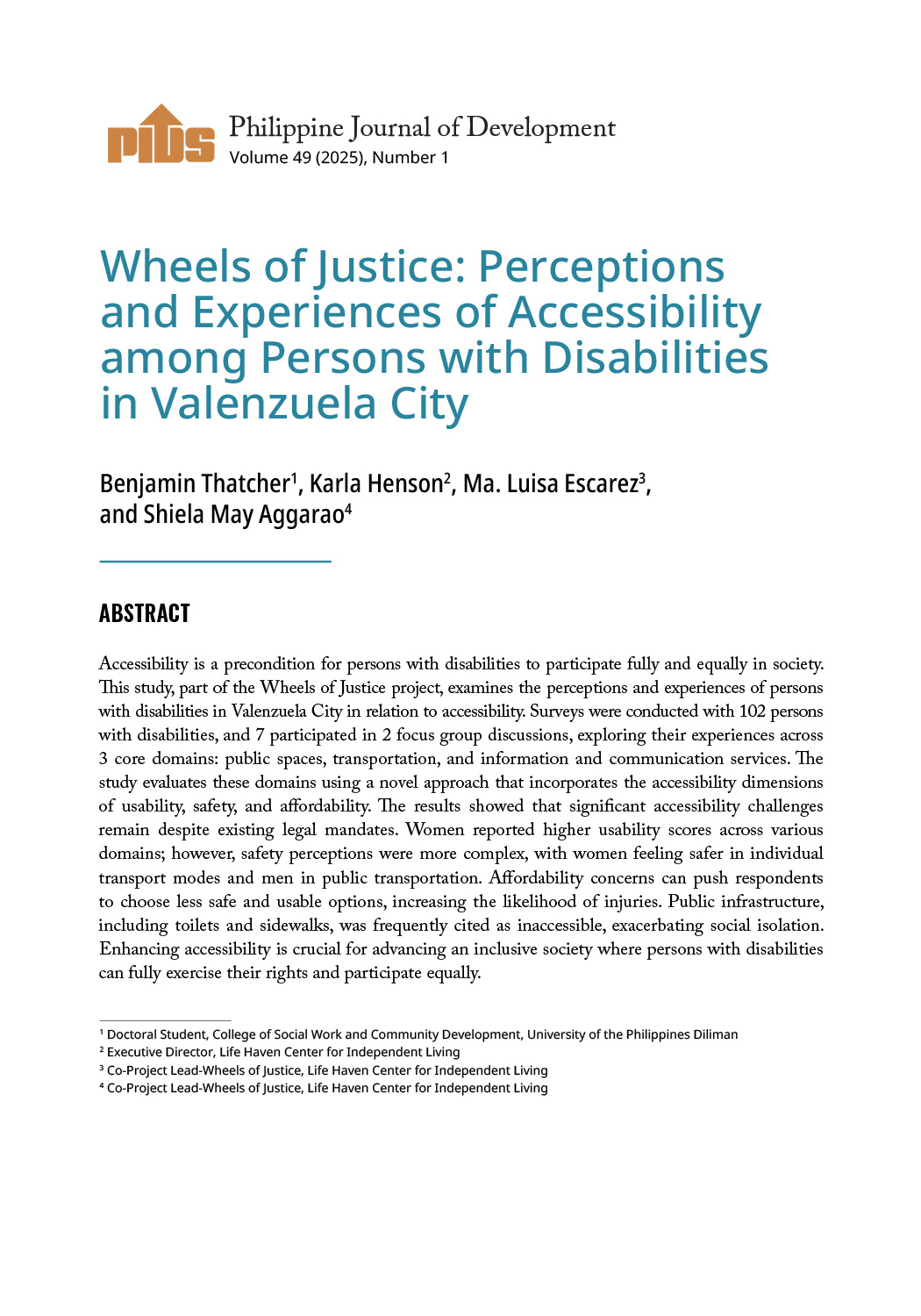The Tax Reform for Acceleration and Inclusion or TRAIN was said to be designed to improve the number of middle class population, In fact even bringing it to the upper middle class level. Even the Trump’s Tax Reform Bill was supposedly designed too, to help improve the middle class in the United States.
But why the avidity or keen interest to help improve the middle class? What is the relation of the middle class growth to the Philippine economy or to the economy of any nation for that matter? In an article by Polly Cleveland “Why middle tax cuts lead to economic growth,” it mentioned about the middle class spending any extra money in the local economy. On the other hand, a very wealthy family will likely invest that extra money abroad in lower-return investments should I say would likely make major purchases abroad than locally.
With the TRAIN providing tax cuts for middle class families, the money what will go to taxes will be freed up in the system through increase consumption of goods, investment in high-yielding investments, investment in their children’s college education or purchase of necessary personal items such as appliances or even a second car for their wives – never mind the higher excise tax if it is really necessary to bring the kids to school or to do errands for the house.
On the other hand, the very wealthy which is estimated to be around 1.5% of Filipino households will likely spend the extra money they have for something that can be purchased cheaper abroad especially on wholesale prices or placed in investments abroad since most likely they have enough investments here in the Philippines and need to diversify on foreign currency investments. They have more cars in the garage than needed, different kinds of stuff in the house, etc and their spending habits will not likely change or increase because they are already spending when they feel like spending due to readily available resources at their finger tips. Consequently, there is no real economic growth.
However, if the low income earner employee or small businessman have extra money at their disposal, they can now afford to buy that another appliance needed in the house, the computer needed by the college daughter or even invest a few amount in a college education in a state university with the tuition being subsidized by the government. The businessman can also increase his investments locally when he has the extra money.
This is a very simple analogy but research shows that middle class growth greatly influenced the growth of the economy. In an article by Mario Pezzini “An emerging middle class” at oecdobserver.org it mentioned about the experiences of Brazil and Korea when in the 1960s the countries had similar income levels and rates of growth; by the 1980s however due to high inequality in Brazil, the middle class only comprise 29% of the population, in contrast to Korea’s 53%. The strong middle class enabled Korea to shift away from export driven growth towards domestic consumption which did not happen in Brazil.
However, Brazil’s poverty level decreased from almost 40% level in 2001 to around 25% in 2009, with 31 million middle class people. In 2011, 52% of the population in Brazil is middle class. In the Philippines a survey made in 2015 shows those in poverty level at 52.7% of total households,middle class at 45.8% of total households and those households in the upper income (but not rich) and the rich at only 1.5% (source: rappler.com “Who are the middle class”? by Jose Ramon Albert, Raymond Gaspar and MJ Raymundo).
Everybody crossing their fingers that the benefits promised by the TRAIN will lift up those who are poor and bring them to even just the lower middle income level. And we are looking towards that future where the percentage of middle class people are more than those on the poverty line. How many years from now can this be a reality – nobody knows – but at least if the infrastructure promised and the free college education in state universities and colleges, universal healthcare, free irrigation, improved peace and order in the country will be realized and the people benefited with the tax reform (with the assumption that corruption minimized if not totally eradicated), we can heave a sigh of relief that Presient’s Duterte’s promise of an “upper middle class” country will finally come true even before the end of his term.
(Wilma Miranda is the Managing Partner of Inventor, Miranda & Associates, CPAs, BOD Member of KPS Outsourcing, Inc. and Treasurer of Negros Outsourcing Services, Inc. The opinions expressed herein are the views of the writer and do not necessarily reflect the views and opinions of these institutions)
wilma_517@yahoo.com












